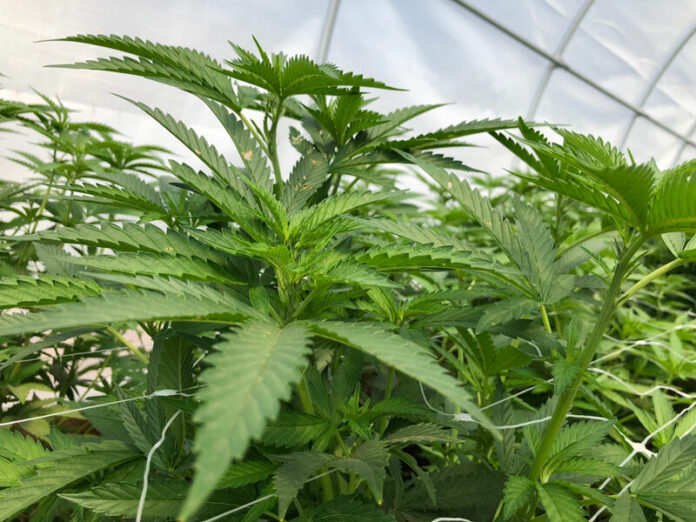The Sonoma County Supervisors are considering an update to the county cannabis cultivation ordinance. It would allow for ministerial permits for cultivation through the agricultural commissioner, if one qualifies, instead of a 3-5-year public hearing process. Staff has come up with very restrictive policy, and documented no significant environmental impacts due to the limited amount of potential available acreage.
The supervisors must adopt the Mitigated Negative Declaration and authorize the ministerial process review for correctly zoned and sized properties in all water zones. This is critical for my company, Elyon Cannabis, and also for the whole county to support the supply chain of this expanding industry.
Elyon Cannabis is a cannabis brand, able to grow indoor quality flowers in an outdoor setting. Indoor cannabis takes lots of power to replicate the sun. You may not know this, but indoor cannabis usually sells for more because the finished flowers are tighter, more in-line with consumer demands. At Elyon, we have perfected an outdoor strategy to accomplish similar results to outdoor cultivation. This practice could be used by every farmer in Sonoma County, with the use of temporary hoop houses.
Temporary hoop houses, by code, cannot be up for more than 180 days per year. For cannabis, this allowance creates a better quality product and provides other protections. Hoop houses protect the flowers from sun damage, bird droppings, molds, mildew, dust, contaminants from wildfire smoke and pesticide drift from neighboring parcels, ensuring that our finished product can pass the rigorous testing that it is subject to per state law.
At Elyon Cannabis, we have built our brand as Sonoma County cannabis. Let me tell you, consumers want products grown from here. We cannot keep enough product on the shelf. This equates to money from across the state coming back to Sonoma County. It also means significant tax revenues for our county coffers and even more career and ancillary business opportunities for local residents.
I have spoken to many local ranchers who are considering diversifying their crops with a little cannabis. These multi-generational farmers all want hoop houses, preferring to screen the cannabis versus having it in open fields. Hoop houses have to be elegant, aesthetically pleasing, well-built and themselves screened with fences, shrubs and trees.
It is extremely important that the board of supervisors allow people with farms in water zone 3 and 4 to also apply for a ministerial permit. Wells in some water zone 3 properties have 80 gallons per minute (GPM). While some water zone 1 properties may only have 5 GPM. Water will always be the limiting factor. Where wells are situated on the land, the depth of its well, the availability of recycled water, dry well testing, hydrogeological assessments and drawdown all inform the non-discretionary decision.
Ministerial permitting should be based on the water availability per property, not off zones that are inaccurate and were made up years ago. The ministerial pathway would require expensive hydrological studies to ensure that water is being used sustainably. Permitting by water zones does not make sense. Actual water availability should dictate what is allowed and not. The studies will limit the acreage based on true water availability.
The staff’s original ordinance requirements are stricter than what came out of the Planning Commission. The supervisors should keep water restrictions tight by following staff’s original water recommendations. A ministerial permit is non-discretionary and can only be permitted if that parcel has enough water. If there is not enough water the Ag Commissioner is empowered to deny the application and order a public CUP hearing.
Ron Ferraro is the CEO of Elyon Cannabis.
76.8
F
Healdsburg
April 21, 2025









